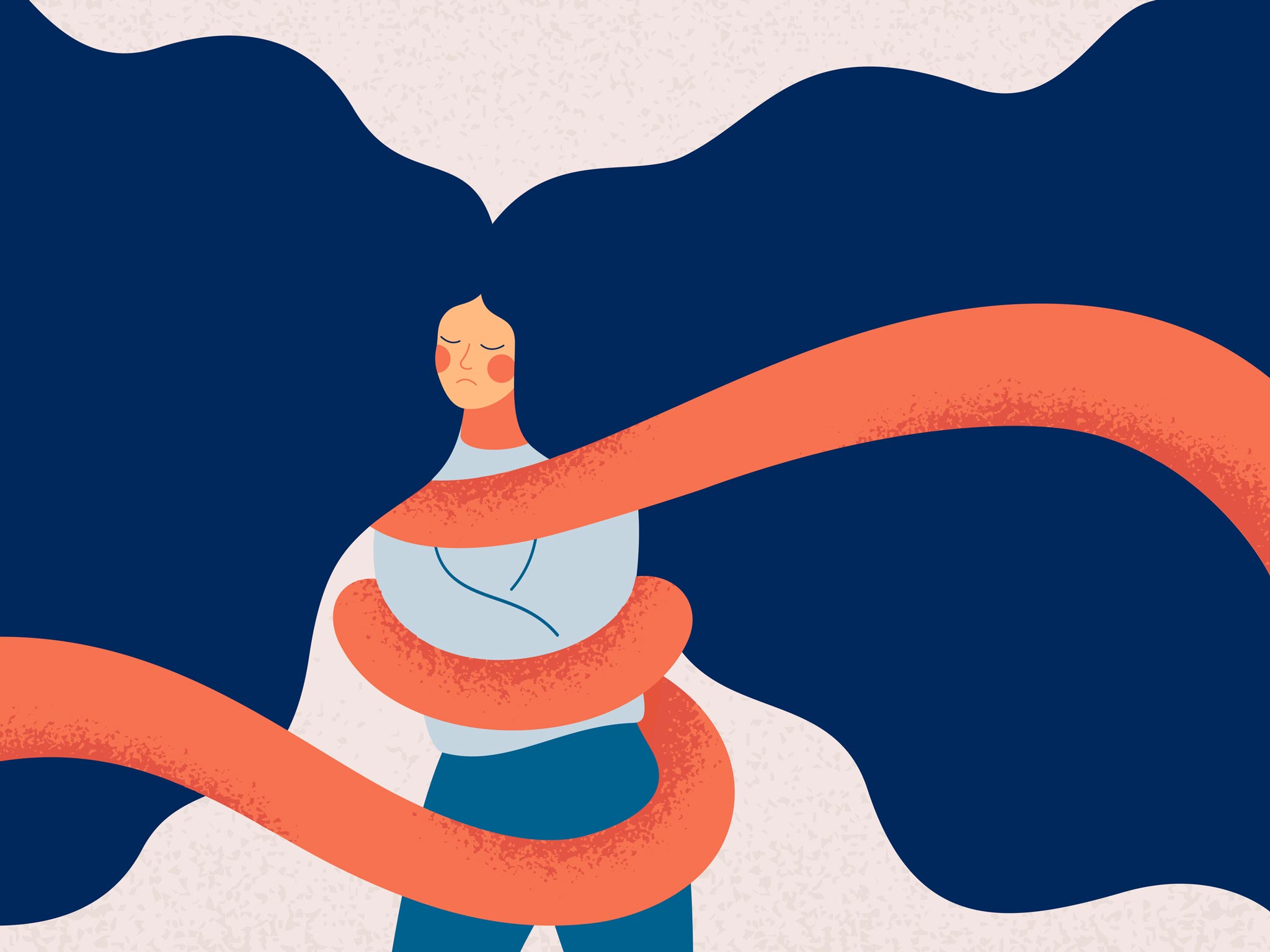Depression affects people around the world every day. For teens, many types of depression can take away from school, home, and extracurricular activities. Knowing and understanding the types and signs of depression can help parents know when it’s time to get help. A depression treatment program is the best way for parents to support their teen struggling with depression.
If your teen is struggling with depression, they’re not alone.
What Is Depression?
Depression or major depressive disorder (MDD) is characterized by a depressed mood. While it may sound simple, like other mood disorders, the symptoms and experiences of depression vary from person to person.
Depressive symptoms can include:
- Sadness
- General malaise
- Self-isolation
- Fatigue
- Trouble concentrating
- Trouble sleeping
- Increased sleeping
- Loss of interest in favorite activities
- Suicidal ideation
- Self-harm
- Hopelessness
- Unexplained crying
- Trouble communicating with others
Spotting signs of depression can be an important way for parents to know when to get their teen help. It’s important to know there are different types of depression with varying symptoms. Any of the above symptoms can be a sign it’s time to call a depression treatment program.
Related: What is Depression and How Can I Get Help?
Recognizing Different Types of Depression in Teens
Understanding the roots of depression is complex. Life history, unresolved trauma, living conditions, stress tolerance, and genetics can all play a role in depression and depressive episodes. Most often, people think of depression as just a low mood. However, there are several types of depression with differing symptoms. Types of depression include:
- Clinical depression: major depression and persistent depressive disorder.
- Seasonal depression: depression that occurs during the winter months when there is less sunlight.
- Bipolar disorder: manic episodes followed by depressive episodes at least once a year.
Persistent depressive disorder, a form of clinical depression, can exist at different levels. For many, depression can be debilitating. Others live with high-functioning depression. For teens with high-functioning depression, it can be challenging for parents to realize something is wrong. High-functioning depression may lead to substance abuse and behavioral addictions to help teens cope with their mood disorders.
Depression Treatment for Teens
Depression treatments for teens vary. A successful depression treatment program meets each client where they are and helps them meet their short-term and long-term goals. Evidence-based therapy conducted by a mental health professional is one of the leading ways to help teens understand their mental health and cope with depression. For some, medication can help, while for others, alternative therapies like art, music, or dance therapy can provide a healing, expressive outlet. Sometimes, changes in diet, exercise, and sleep hygiene also make a big difference.
Intensive Outpatient Program (IOP) for Teens
Intensive outpatient programs give teens a unique opportunity to receive the care they need to heal from depression. Consistent programming and engaging in effective therapeutic modalities helps them understand depression and teaches healthy coping mechanisms to use in the future. Additionally, they are surrounded by peers facing similar struggles and can learn from each other. No teen should have to face depression and stressful life events alone.
Teen Mental Health Treatment
Group, individual, and family therapy can help teens learn how to express their needs and connect with others. It can help family members understand their teen’s experience. With depression treatment, it’s important to remember that there is no single approach to mental health. In turn, it is important for teens to engage in a wide range of therapies from art and music therapy, yoga and mindfulness, as well as proven modalities like cognitive behavioral therapy (CBT), and dialectical behavioral therapy (DBT).
Start Depression Treatment For Teens in Southern California
Many of today’s teens don’t seek mental health treatment. Unfortunately, mental health stigmas, lack of education, and lack of accessible treatment lead many teens and their families to suffer without support. If your teen is struggling with signs of depression or other mental health conditions, don’t wait. Call us now to find out more about our teen treatment programs throughout the Los Angeles area including our teen IOP in El Segundo, CA and outpatient teen program in Van Nuys, CA. Our individual, group, and family therapy programs and dual diagnosis treatment can provide you and your teen the support you need for long-term success.
